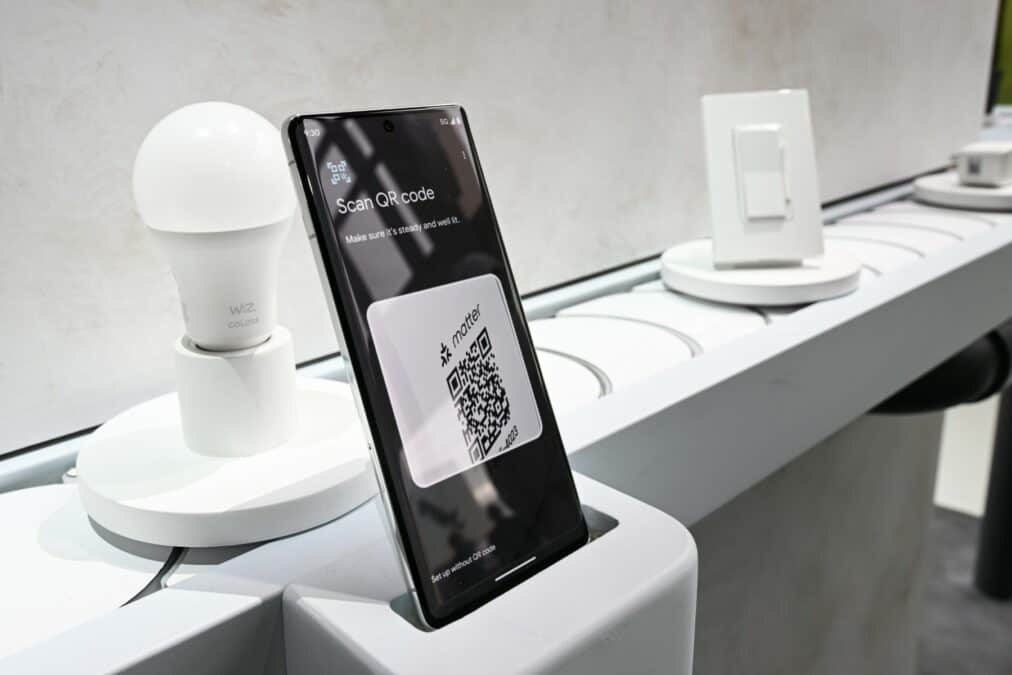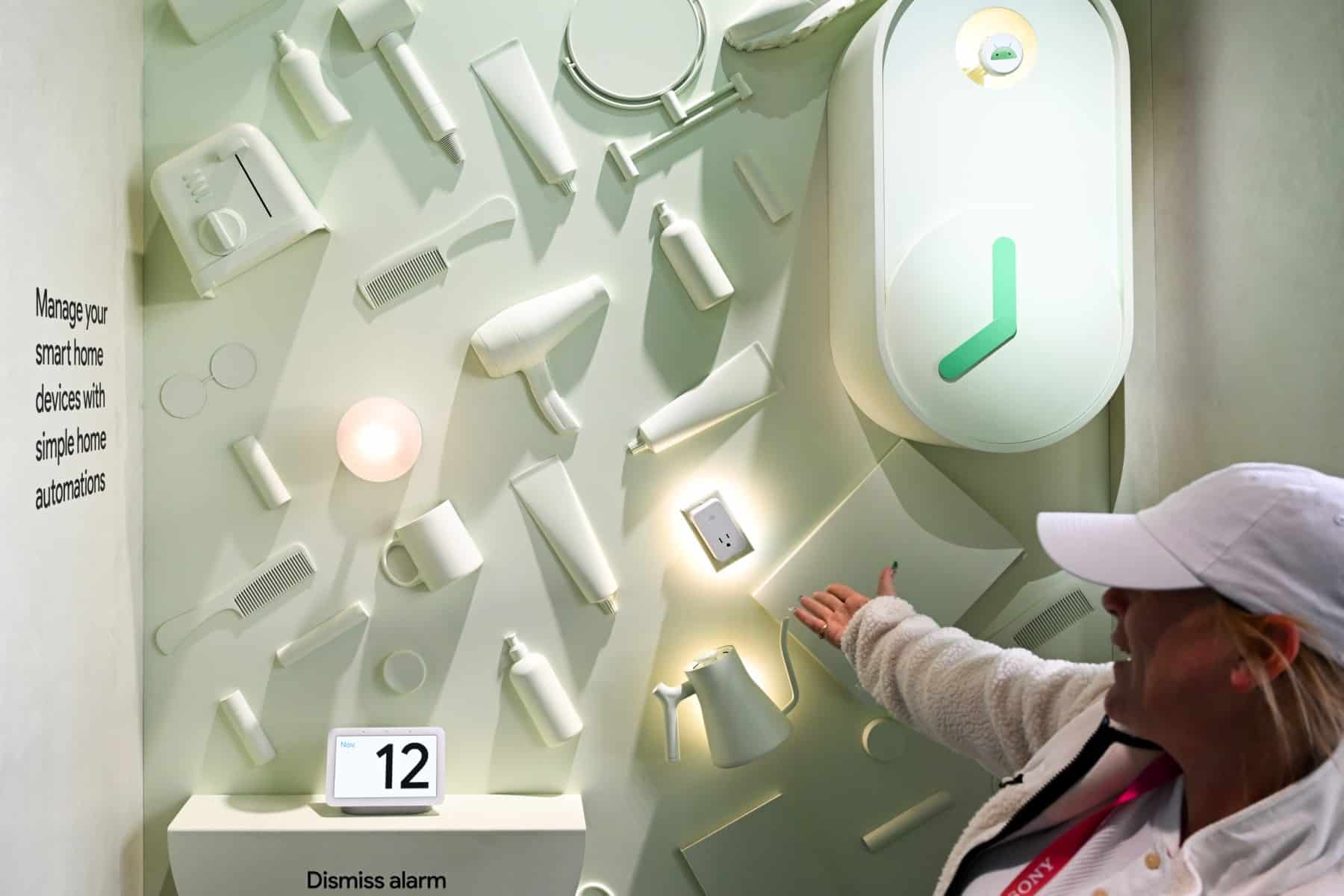DUBAI, UAE — The smart home market in the GCC region is expected to reach US$ 1.88 billion in 2028, according to a report by ResearchAndMarkets.com.
The market growth is driven by several factors, including increased awareness and availability of related technology, government initiatives promoting innovative home technology and energy efficiency, and rising incomes across the region.
Smart homes are residences with advanced automation systems and intelligent devices that users can control remotely through a smartphone or computer. These systems increase comfort, convenience, security, and energy efficiency by automating and controlling lighting, heating/cooling, appliances, entertainment, and security systems. Features can include voice-activated assistants, sensors, and integrated networks for seamless communication.
The GCC region has invested significantly in internet infrastructure, including high-speed fiber-optic networks, making it easier for homeowners to connect and control devices remotely. This, coupled with extreme temperatures experienced in the summer months in the region, has driven demand for smart home systems that can control indoor temperatures efficiently and reduce energy consumption.

The GCC Smart Home Market comprises countries such as UAE, Saudi Arabia, Qatar, Kuwait, Bahrain, and Oman. Saudi Arabia, in particular, has a high rate of urbanization, with many people living in densely populated urban areas, making smart homes a convenient and efficient way for people to manage their homes in these environments. The Saudi Arabian government has launched several initiatives to advance the adoption of innovative home technology, including the Saudi Vision 2030 initiative, which seeks to increase the use of intelligent technology across various sectors, including the residential sector.
Additionally, Saudi Arabia has a relatively high level of disposable income compared to other countries in the region, making innovative home technology more accessible to homeowners. The extreme temperatures in the country have also led to increased demand for smart homes to regulate indoor temperatures more efficiently and reduce energy consumption. The region has faced security challenges in recent years, increasing demand for smart home security systems that can help protect homes and families.
The GCC Smart Home Market is divided into Comfort and Lighting, Control and Connectivity, Energy management, Home Entertainment, Security, and Smart appliance. Rapid advancements in the sector have led to increasing availability of advanced control and connectivity applications that users can integrate into smart homes. With increasing awareness of the benefits of smart homes, there is growing demand for control and connectivity applications that allow homeowners to manage and monitor their devices remotely.
The report highlights that customization is also a factor driving the growth of control and connectivity applications, as homeowners in the GCC region value personalization. Governments in the GCC region have launched initiatives to promote the adoption of innovative home technology, contributing to the expansion of control and connectivity applications in the region.







